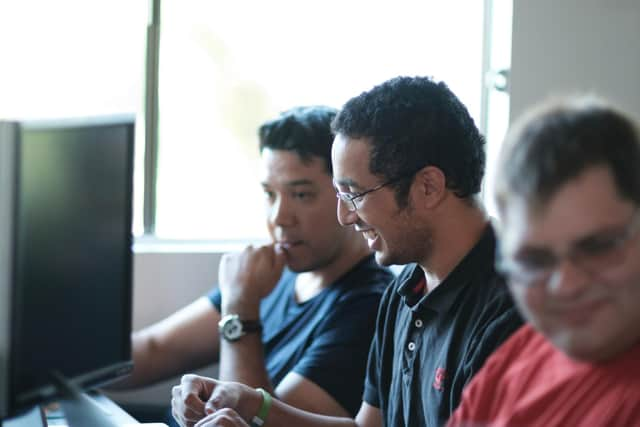Call for workplaces to adapt amid reluctance by autistic employees to share diagnosis
and live on Freeview channel 276
The social enterprise, whose IT consultants are all autistic, has revealed that cited barriers to disclosure include 40 per cent of autistic people in employment not feeling ready to tell people in the workplace , a third concerned about being treated adversely, and 7 per cent having had a previous negative experience of disclosing.
Auticon added that less than half of autistic people in employment said they had spoken about their condition to any other colleagues beyond the HR department or their line manager.


Advertisement
Hide AdAdvertisement
Hide AdEmma Walker, regional manager of Auticon Scotland, said: “It is good news that employees with a diagnosis of autism are talking to their line managers about their condition. However, the high number of autistic workers that feel unable to confide in any of their colleagues about their diagnosis shows very clearly that there is still much more work to be done to ensure that the working environment is an inclusive space that allows people to flourish.”
Auticon says people who are neurodivergent, such as those on the autism spectrum, often possess natural abilities in areas such as pattern-recognition, logical thinking and accuracy – but are “significantly” under-represented in the workplace, with only one in five autistic people in employment.
Ms Walker added: “We know there are a lot of companies in Scotland struggling to fill a skills gap – and they would do well to draw from the autistic talent pool which is thriving in Scotland.”
Auticon’s new research sought to identify some of the biggest challenges autistic employees face in their working lives, with worries about how to communicate mental health decline to management scoring the highest at 49 per cent.
Advertisement
Hide AdAdvertisement
Hide AdHowever, it also cited simple changes that can be made to make the working environment more accessible, accepting and supportive. Survey respondents identified the most helpful things for autistic employees, including having clearly defined instructions (51 per cent), and having a preferred desk in a suitable location (47 per cent).
Auticon recently revealed that it had rolled out workplace training in autism awareness to nearly 1,200 people across Scotland.
A message from the Editor:
Thank you for reading this article. We're more reliant on your support than ever as the shift in consumer habits brought about by coronavirus impacts our advertisers.
If you haven't already, please consider supporting our trusted, fact-checked journalism by taking out a digital subscription.
Comment Guidelines
National World encourages reader discussion on our stories. User feedback, insights and back-and-forth exchanges add a rich layer of context to reporting. Please review our Community Guidelines before commenting.
